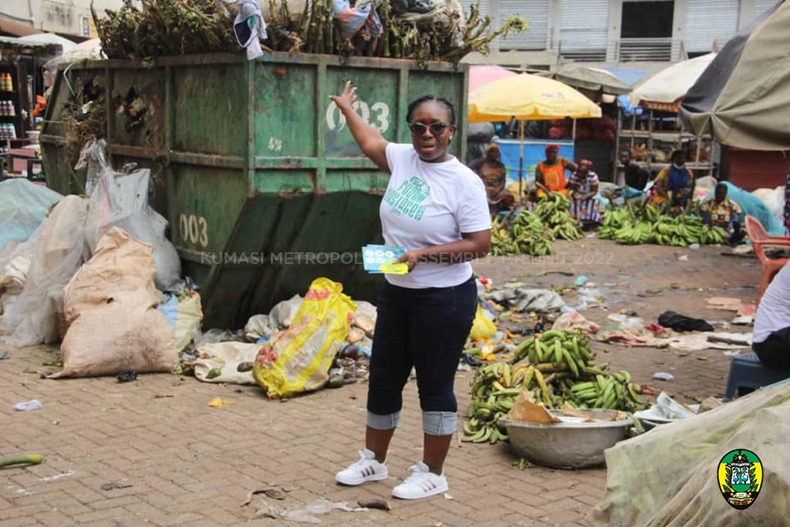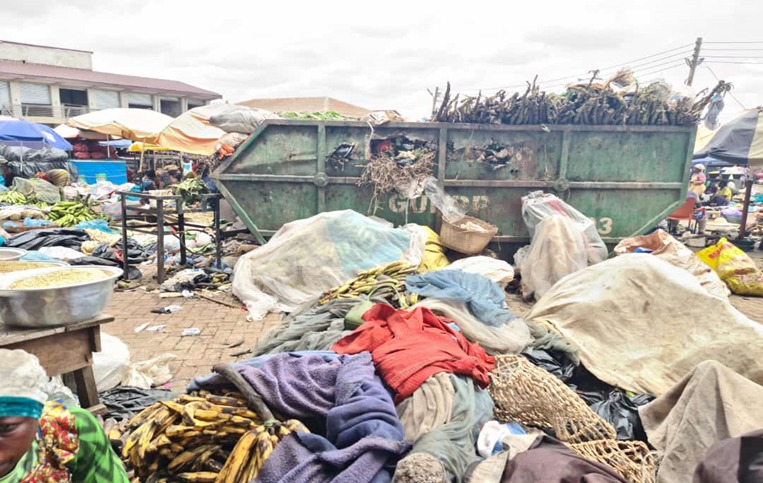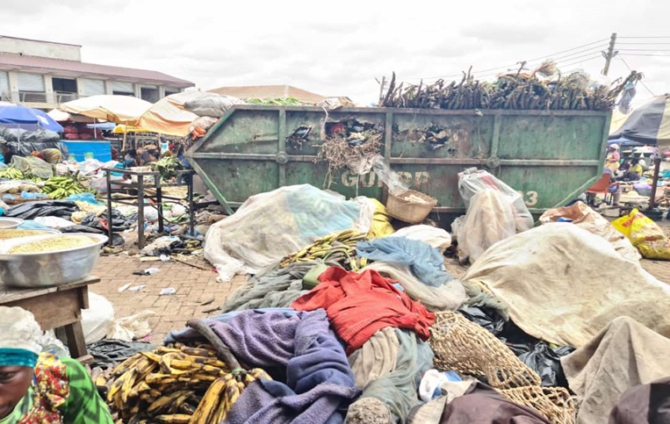This year’s theme signifies that the entire world needs to be aware of the negativity of food loss and waste on the planet and how we can collectively solve it.
As the world contributes to achieving sustainable development goal 2 by ending hunger in 2030, it curbs the challenges associated with food loss and waste (SDG 12.3).
Reducing food losses and waste is an important alternative for food availability. This eventually lowers the prices of food on the market.
The world today is faced with a short food supply chain due to the post-covid-19 pandemic and the effect of the Russia-Ukraine war.
The prices of goods keep increasing and yet China and India top the chart on global food waste with about 931 million tonnes each year.
These challenges in middle- and low-income countries have become cyclic over the years. Emphasis on food losses in the supply chain requires prompt intervention to effectively promote food security and planetary health.

In Ghana, causes of food losses and waste could be attributed to several reasons not limited to poor storage facilities after harvest and purchase, respectively.
A warm or humid environment promotes insect pest and microorganism infestation.
The lack of refrigeration affects the cold chain management of products.
The issue of poor packaging, poor transportation, and unsatisfactory market conditions render produce unacceptable.
Consumer rejection due to aesthetic defects of produce especially fruits and vegetables is equally high in developed countries.

In reducing these challenges, shortening the food supply chain, and promoting food security, the quality standards of food produce should not be compromised. An investment made by the government at the local level to reduce food losses and waste must be visible or reflective in farmers'/ producers’ lives.
The global trends on food insecurity in Africa and some parts of the world have necessitated that adequate storage facilities like silos for staples to avoid glut in bumper seasons are taken into immediate consideration by the government.
On the part of consumers, it is important to promote planetary health by making a shopping list and buying what is needed.
Consumers who decide to shop in bulk should be sure of adequate storage facilities in their homes. It is kind to share leftovers with the needy. Do not throw them away, it contributes to global warming.
About author; Dr Stella Agyemang Duah, is a Research Scientist, Biotechnology & Nuclear Agriculture Institute, GAEC.
Latest Stories
-
I’ll step down as NDC National Organiser if Mahama asks me to – Opare Addo
3 hours -
‘No breach, no loss’ – Ghana Link confirms data safety after system interruption
4 hours -
Mahama appoints Dr Oliver-Kevor Ag. Director General of NiTA
4 hours -
GhIE holds 2025 Conference and AGM in Accra
5 hours -
Ghana’s household spending to hit GH¢129.7bn in 2025 – Fitch Solutions
5 hours -
Appointment Committee approves ministerial nominees by consensus
5 hours -
Lock in and improve Ghana’s health taxes: There should be no backing down on fight for public health
5 hours -
Sky trains are back in the news; but Accra still needs them
5 hours -
Lambussie MP donates medical supplies to Lambussie Health Directorate to combat meningitis
5 hours -
Enagage embassies over maltreatment of Visa applicants instead of a communiqué – Charles Owiredu to Ablakwa
5 hours -
Bond market: Secondary activities decline 44.85% to GH¢1.01bn
6 hours -
Dumelo backs gov’t’s Reset agenda, cites 8 years of struggles under NPP
6 hours -
Burkina Faso imposes export ban on grains and cereals
6 hours -
National Service Authority terminates volunteer appointments as part of restructuring
6 hours -
Youth empowered in Bongo District to combat violent extremism
6 hours

